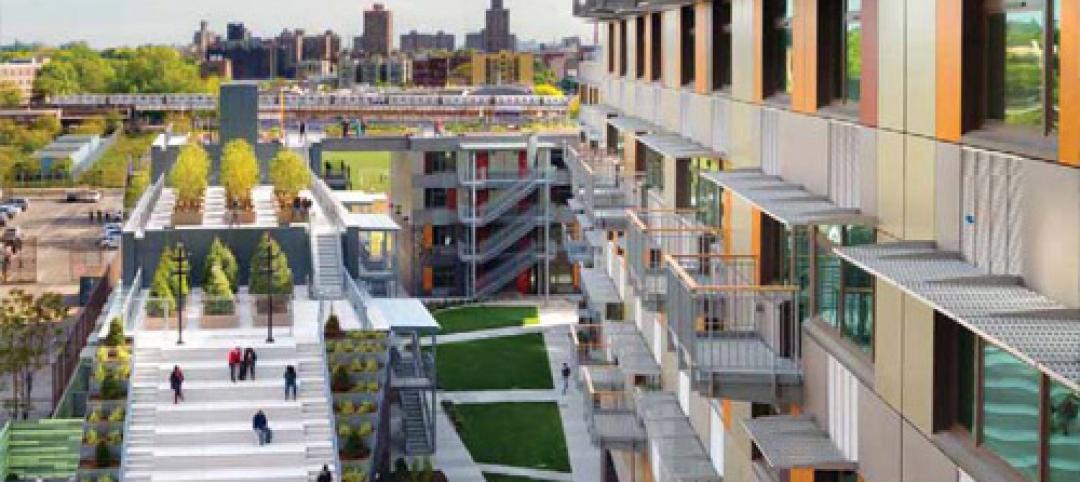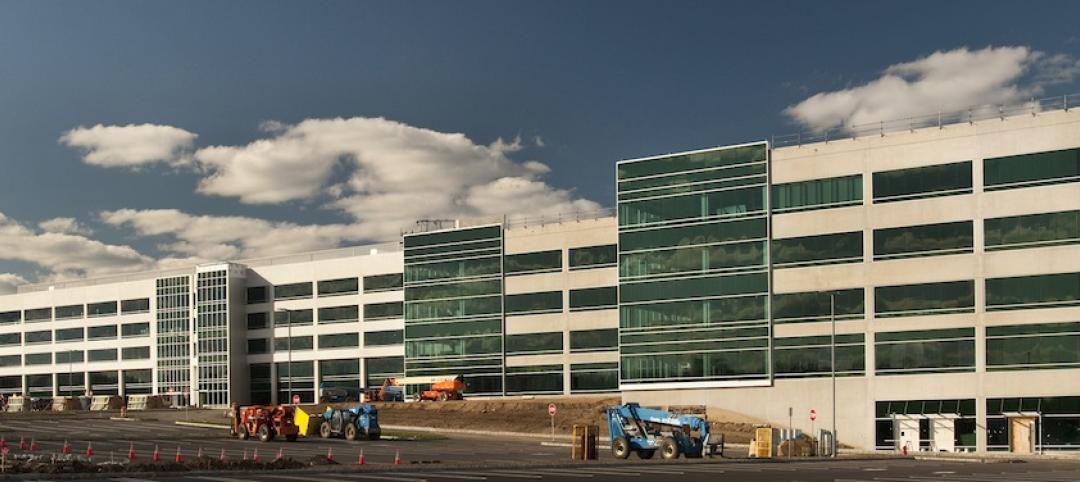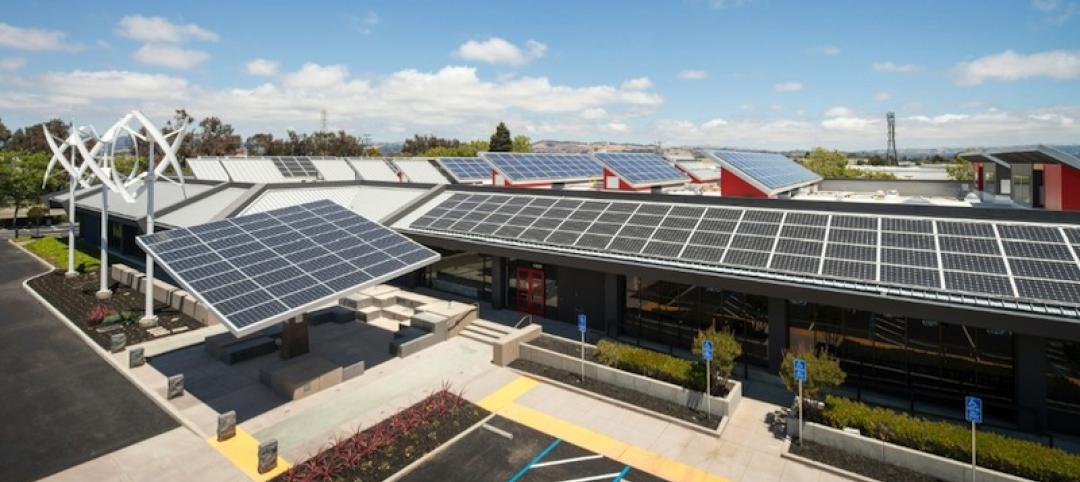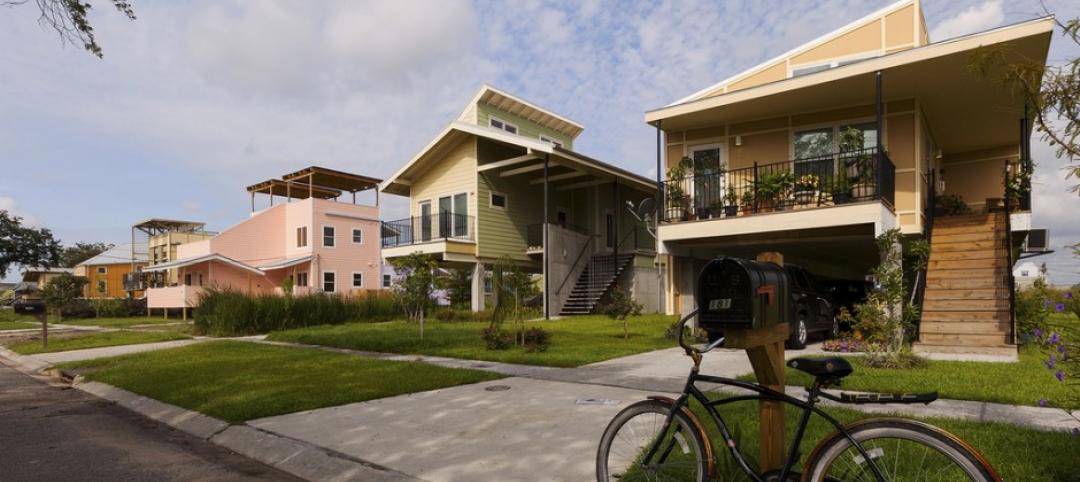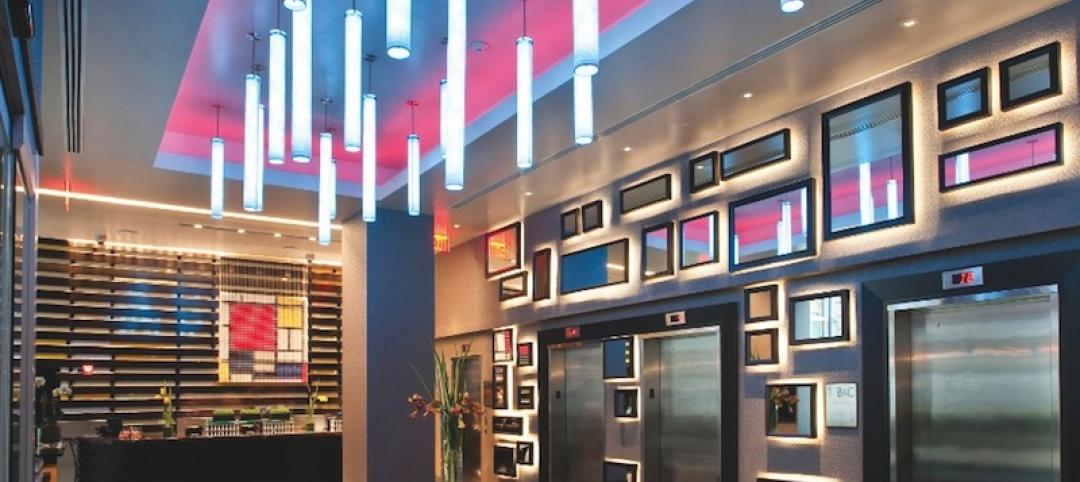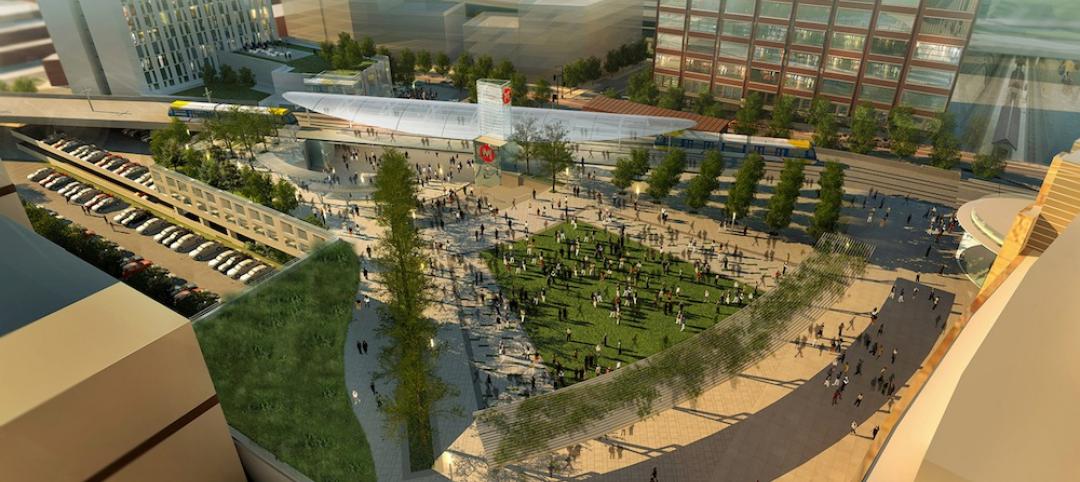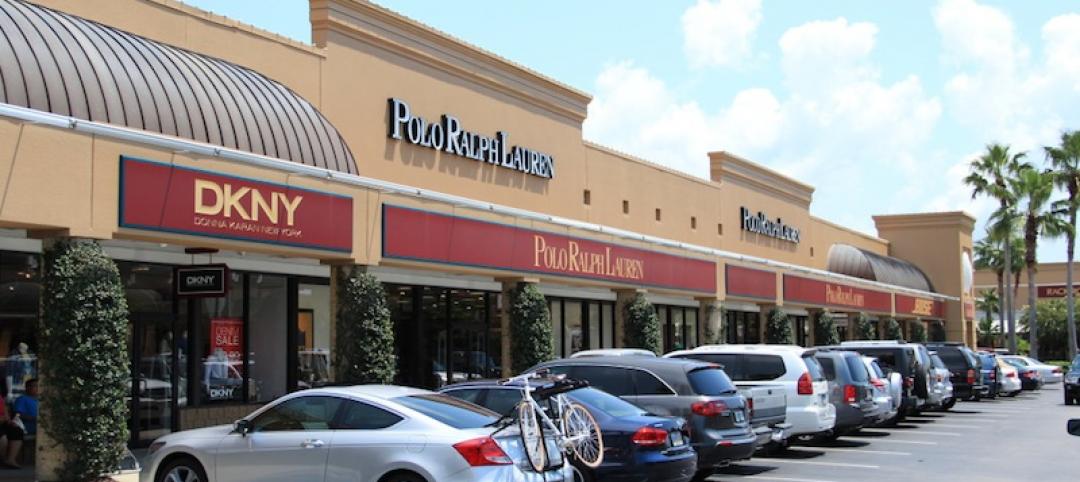Nonresidential construction spending expanded 0.4% on a monthly basis in December 2014, according to the Feb. 2 release from the U.S. Census Bureau.
Spending for the month totaled $627.1 billion on a seasonally adjusted, annualized basis, 5.9% higher than December 2013. The government also upwardly revised November's spending estimate from $617 billion to $624.8 billion and October's figure from $623 billion to $627.4 billion.
"Despite the slight expansion indicated in today's report, nonresidential construction lost some of its momentum during the final two months of 2014; however, this should represent only a minor dip in the industry's momentum headed into 2015," said Associated Builders and Contractors Chief Economist Anirban Basu. "It is possible that the past two spending reports indicate the U.S. economy is not as robust as many analysts believe but it is important to remember that 2014, as whole, was a solid year of recovery for the industry and total nonresidential construction spending was 6.6 % higher than in 2013.
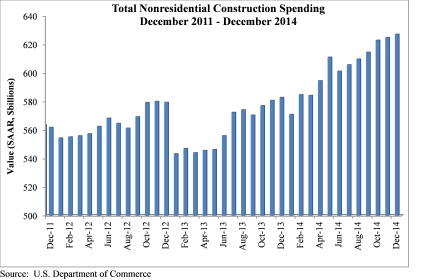
"While some may surmise that the lack of momentum in nonresidential construction spending is related to the sharp fall in oil prices, this does not appear to be the case," said Basu. "Oil-related construction categories like transportation and manufacturing have retained their momentum while categories such as public safety and education have experienced declines in spending. It is also possible that the decline simply represents noise in the data; after all, October and November's figures have been revised higher while the December estimate remains preliminary."
Seven of 16 nonresidential construction subsectors posted increases in spending in December on a monthly basis:
- Communication construction spending expanded 2.5% for the month, but is down 9.5% for the year.
- Highway and street-related construction spending grew 2.5% in December and is up 10.5% compared to the same time last year.
- Power-related construction spending grew 1% for the month, but is 8.3% lower than the same time one year ago.
- Conservation and development-related construction spending grew 1.7% for the month and is up 24% on a yearly basis.
- Office-related construction spending grew 1.7% in December and is up 17.6% from the same time one year ago.
- Manufacturing-related spending expanded by 2% in December and is up 18.1% for the year.
- Amusement and recreation-related construction spending gained 1.9% on a monthly basis and is up 11.9% from the same time last year.
Spending in nine nonresidential construction subsectors declined in December on a monthly basis:
- Healthcare-related construction spending fell 1% for the month and is down 2.1% for the year.
- Education-related construction spending fell 1.2% for the month, but is up 3.9% on a year-over-year basis.
- Spending in the water supply category fell 0.3% from November but is 10.1% lower than at the same time last year.
- Construction spending in the transportation category fell 0.2% on a monthly basis, but has expanded by 9.5% on an annual basis.
- Public safety-related construction spending fell 4% on a monthly basis and is down 9.5% on a year-over-year basis.
- Commercial construction spending lost 1.7% in December, but is up 10.7% on a year-over-year basis.
- Religious spending fell 4.1% for the month and is down 1.3% from the same time last year.
- Lodging construction spending fell 1.4% on a monthly basis, but is up 18.3% on a year-over-year basis.
- Sewage and waste disposal-related construction spending fell 2% for the month, but has grown 10.5% on a 12-month basis.
To view the previous spending report, click here.
Related Stories
| Jun 3, 2013
6 residential projects named 'best in housing design' by AIA
The Via Verde mixed-use development in Bronx, N.Y., and a student housing complex in Seattle are among the winners of AIA's 2013 Housing Awards.
| Jun 3, 2013
Trifecta of awards recognize Vision/Rubenstein campus, Bayer Healthcare HQ
When Vision Equities, LLC and Rubenstein Partners purchased the 200-acre former Alcatel-Lucent campus in Whippany a little more than two years ago, the partnership recognized the property’s potential to serve as a benchmark infill revitalization for the State of New Jersey.
| May 31, 2013
Nation's first retrofitted zero-energy building opens in California
The new training facility for IBEW/NECA is the first commercial building retrofit designed to meet the U.S. Department of Energy’s requirements for a net-zero energy building.
| May 30, 2013
The Make It Right squabble: ‘How many trees did you plant today?’
A debate has been raging in the blogosphere over the last few months about an article in The New Republic, “If You Build It, They Might Not Come,” in which staff writer Lydia DePillis took Brad Pitt’s Make It Right Foundation to task for botching its effort to revitalize the Lower Ninth Ward of New Orleans.
| May 29, 2013
Realtors report positive trends in commercial real estate market
Realtors who practice commercial real estate have reported an increase in annual gross income for the third year in a row, signaling the market is on the road to recovery.
| May 28, 2013
LED lighting's risks and rewards
LED lighting technology provides unique advantages, but it’s also important to understand its limitations for optimized application.
| May 28, 2013
Minneapolis transit hub will double as cultural center [slideshow]
The Building Team for the Interchange project in downtown Minneapolis is employing the principles of "open transit" design to create a station that is one part transit, one part cultural icon.
| May 24, 2013
First look: Revised plan for Amazon's Seattle HQ and 'biodome'
NBBJ has released renderings of a revised plan for Amazon's new three-block headquarters in Seattle. The proposal would replace a previously approved six-story office building with a three-unit "biodome."
| May 22, 2013
Return of retail? Rent growth seen in recovering markets
Like digging a ditch with a spoon, retail demand driven by population growth has eaten away at the supply of available store space in the markets that have been slowest to recover from the downturn. Vacancy rates are reaching a point that will give at least some landlords in every market the clout to demand slightly higher rents.



